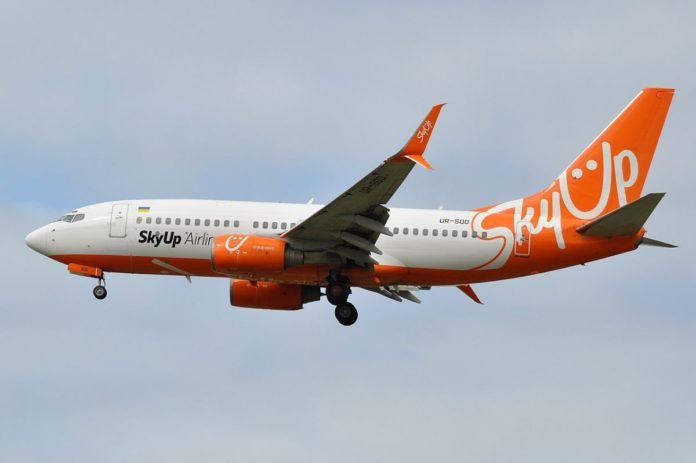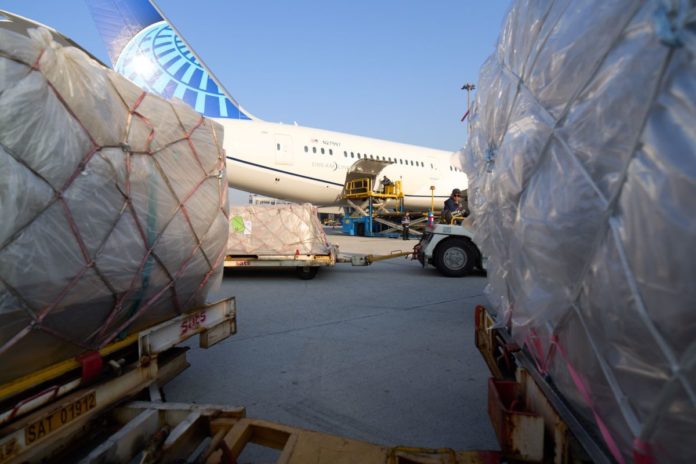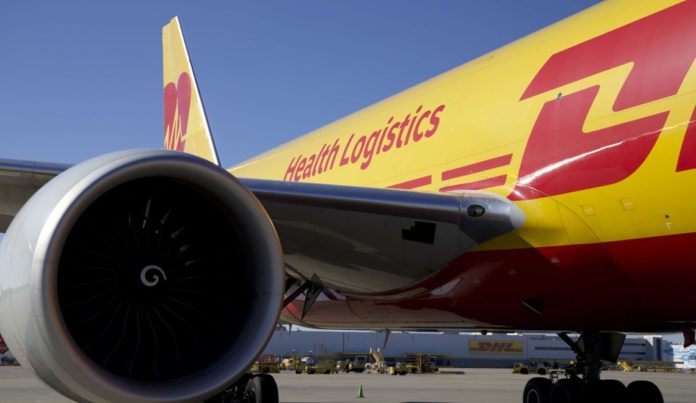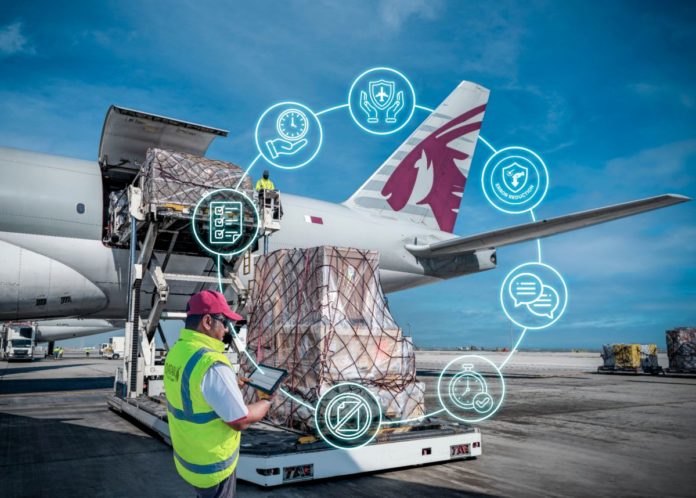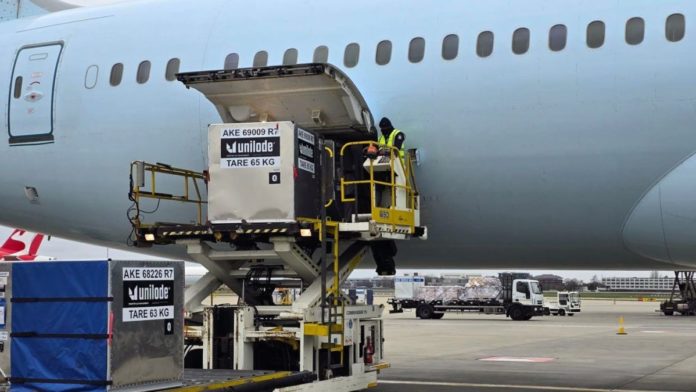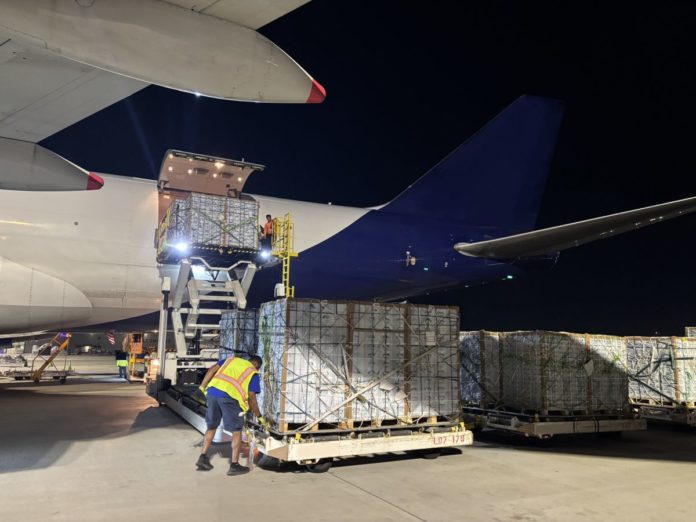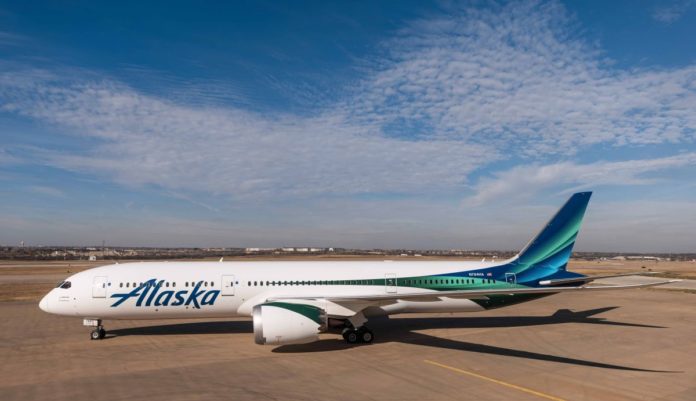Etihad Cargo has launched what it believes is the airfreight industry’s first logistics training academy by an airline.
The Etihad Cargo Excellence Hub aims to ensure consistent operational, safety and compliance standards across its global partner network. As regulatory complexity increases and networks expand, structured capability development is critical to maintaining reliability and customer trust.
The platform provides mandatory and elective training for Etihad Cargo representatives and stakeholders worldwide. The curriculum includes operating standards, products and service framework, safety and compliance modules aligned with international regulations, industry-certified programmes delivered with accredited institutions and targeted soft skills training to strengthen customer engagement.
Chief cargo officer Stanislas Brun said: “The Etihad Cargo Excellence Hub ensures our global partners operate to the same safety, compliance and service standards. As we grow, consistency becomes a competitive advantage. This initiative protects our brand, strengthens performance discipline and directly supports the customer experience we commit to deliver.”









